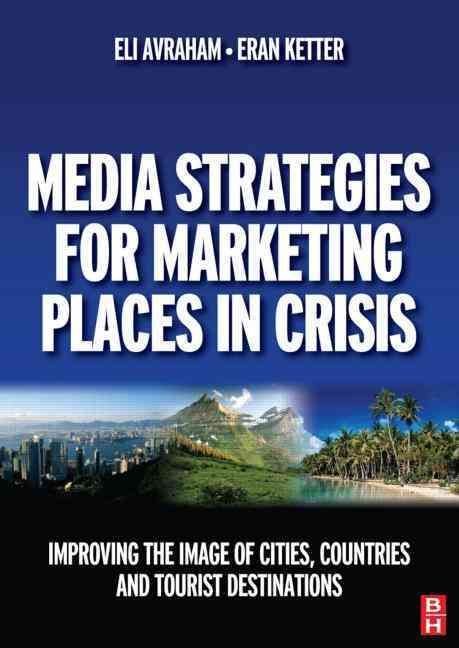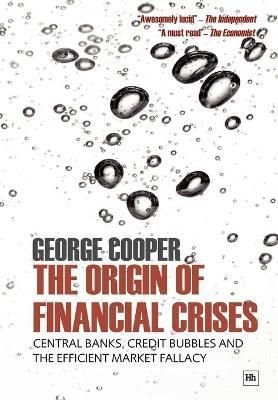Growing competition between countries and cities over attracting infrastructure, investment, tourists, capital and national and international status mean that today, a negative image is more harmful than ever. Whatever the cause of the negative image, places perceived as dangerous, frightening, or boring are at a distinct disadvantage. Many decision makers and marketers stand by helplessly, frustrated by their knowledge that in most cases, their city’s negative image is not based on well-grounded facts. Given that stereotypes are not easily changed or dismissed, the challenge facing these decision makers is great. Analyses of many case studies show interesting examples of places that tried to change a negative image into a positive one, in order to bringing back tourists, investors and residents. Although a great deal of knowledge about crisis communications has accumulated in recent years, very little has been written about strategies to improve places’ negative images. The aim of “Media Strategies for Marketing Places in Crisis” is to discuss the various dimensions of an image crisis and different strategies to overcome it, both in practice and theory. “Media Strategies for Marketing Places in Crisis” is based on the careful analysis of dozens of case studies, advertisements, public relations campaigns, press releases, academic articles, news articles, and the websites of cities, countries and tourist destinations.












